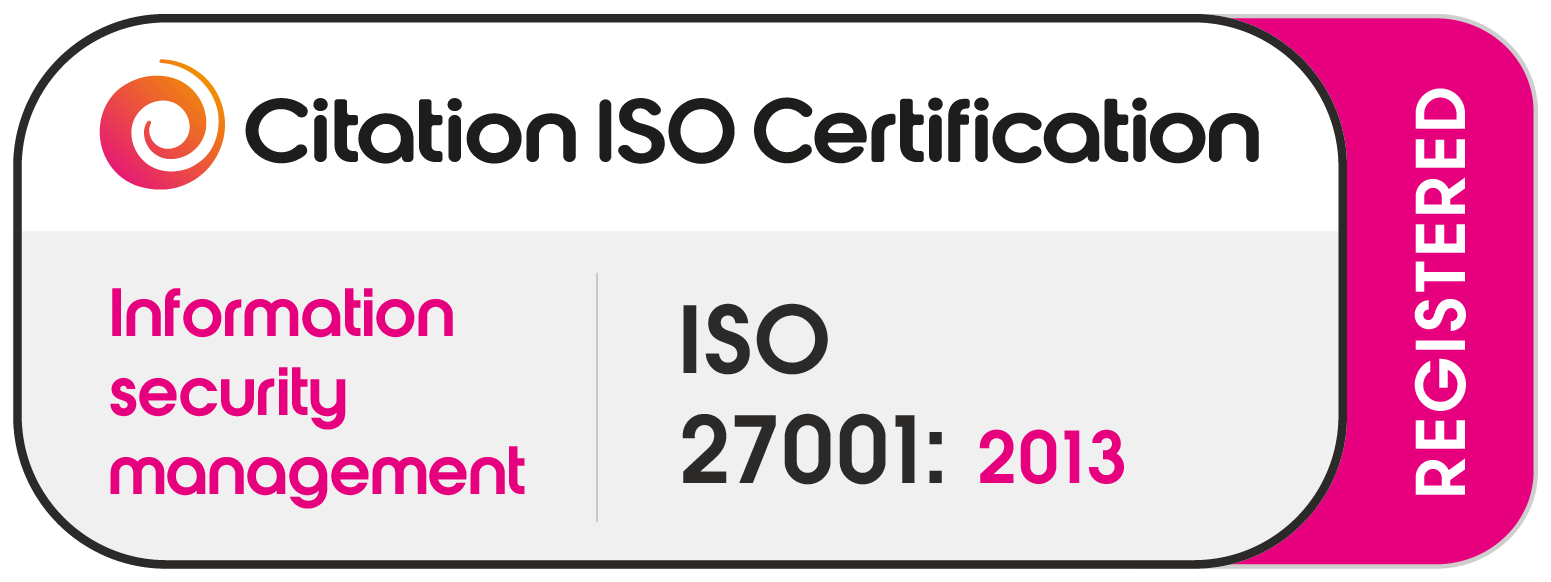IT Due Diligence Questions for Non-Technical People. Having worked primarily with and for technology leaders for decades, I’ve become fond of working with people in the investment world, particularly in Private Equity. I think it’s because there’s a clear boundary between what we do when, in contrast, working for a technology leader means there can be some conflict or competition.
But one thing I’ve noticed when first speaking to a new customer in the world of PE is that they often want to understand similar characteristics during IT Due Diligence, regardless of the industry. Such as:
- An assessment of the product or tech services.
- How much is being spent and what will the future costs look like?
- The reliability and resilience of the technology?
- IP protection and can the product be copied?
- Will the product scale?
The challenge with these questions is that they are the standard question that most technology leaders will be considering. So if we are to ask these questions, it is like asking a job-interview candidate a set of well-known questions that they’ve already prepared the answers to. Mostly, because these are the questions they would have asked themselves continuously as they built their technology for their business.
Many platforms and products will be reasonably mature when they reach the stage of Private Equity investment, and as one senior technology buyer said recently “I can see the maturity of the technology by assessing the P&L”. Fair point, but technology grows organically and it depends on how that organic growth was managed is a significant factor in how scale-able/resilient the technology is, and we have to factor in how long it takes for any technology to onboard a client and produce additional revenue for the business.
How the technology team operates and is managed is probably the most significant factor when assessing the technology. And we have to factor in the local talent pool if the group is to increase due to a new business plan or in case staff leave the business post-investment.
Simply put, IT Due Diligence is a complicated area – where you are often given a short time, usually a matter of days, to assess and report on something that took years to develop. So it is vital to learn more than the standard top-level questions so that you can learn more about what’s really happening with technology.
This is more of a challenge if you do not have a technology background, so we published this short paper on “5 IT DD Questions for Non-Technical Interviewers” and an article on questions to ask during IT Due Diligence.
{{cta(’23b74a59-42a2-4a7c-8ded-6111a29634b7′)}}







